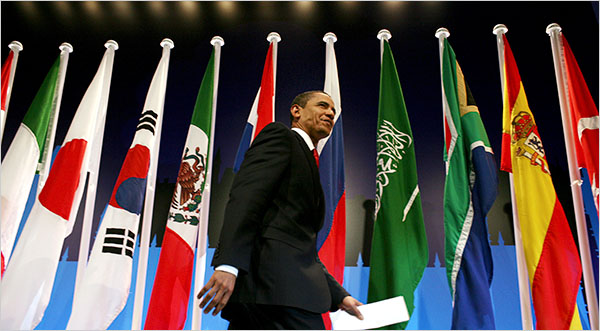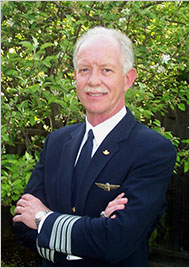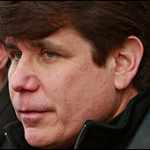Taking Strategic Communication Seriously
The United States government is finally taking strategic communication seriously.
This week President Obama used all the instruments of diplomacy to advance the US foreign policy agenda, including getting Russia, France, and Britain to stand with the US against continued nuclear development by Iran.

President Obama’s wins at the UN and in the G-20 summit in Pittsburgh this week are just the latest indication of a more mature and intentional foreign policy that aims at influencing world leaders and the world community in ways that increase the security of the United States.
An important element of this new approach is a renewed emphasis on effective public diplomacy.
Effective Public Diplomacy =
Influencing, not Bullying
Last year I wrote a post about US public diplomacy, and how much of it missed the mark.
I noted that effective communication isn’t about pushing messages to audiences, but rather about provoking a desired reaction from those audiences.
I also quoted Dr. Amy Zalman, who wrote an East-West Institute concept paper, Countering Violent Extremism, that included this observation:
“Good communicators reveal, in speech and action, that they understand the motivations and aspirations of their audiences—and it is via this understanding that they gain their sympathies.”
Dr. Zalman then reviewed US public diplomacy directed toward the Muslim world, and concluded:
“A review of U.S. official rhetoric shows an all too persistent absence of this understanding, an oversight which in turn can fan rather than dampen extremist sentiment.”
Read more


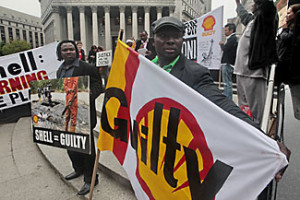
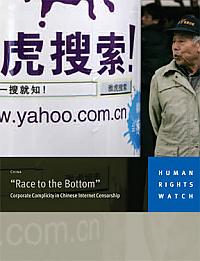
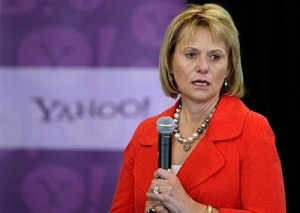 Human rights trump doing business. . . . Internet companies must learn when not to hide behind the notion that we are corporations so it is our number one obligation just to do business. It isn’t our number one obligation. Our number one obligation is to be good world citizens.
Human rights trump doing business. . . . Internet companies must learn when not to hide behind the notion that we are corporations so it is our number one obligation just to do business. It isn’t our number one obligation. Our number one obligation is to be good world citizens. 

